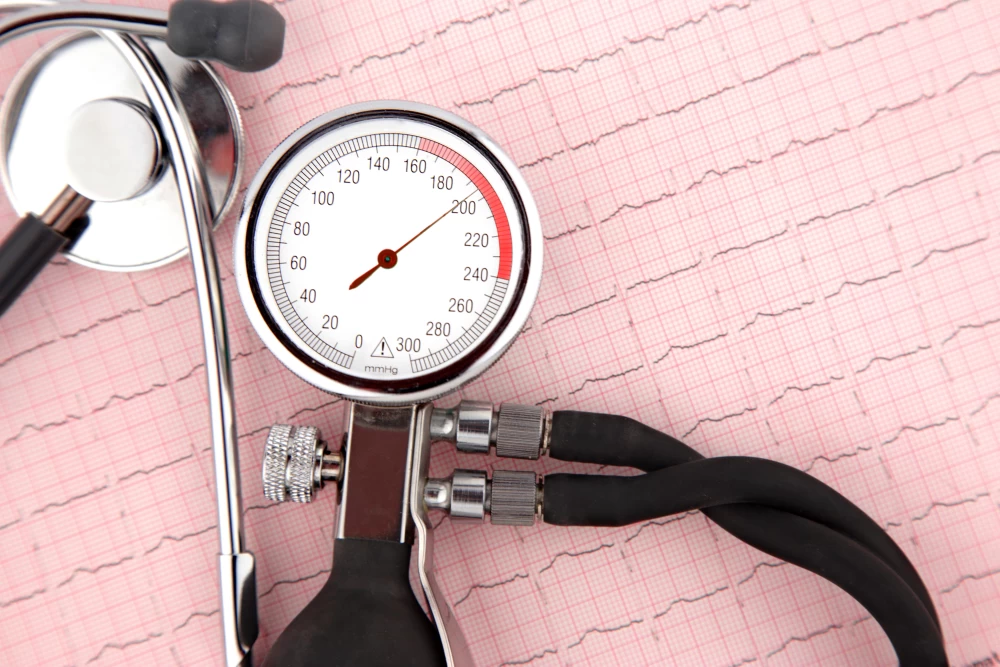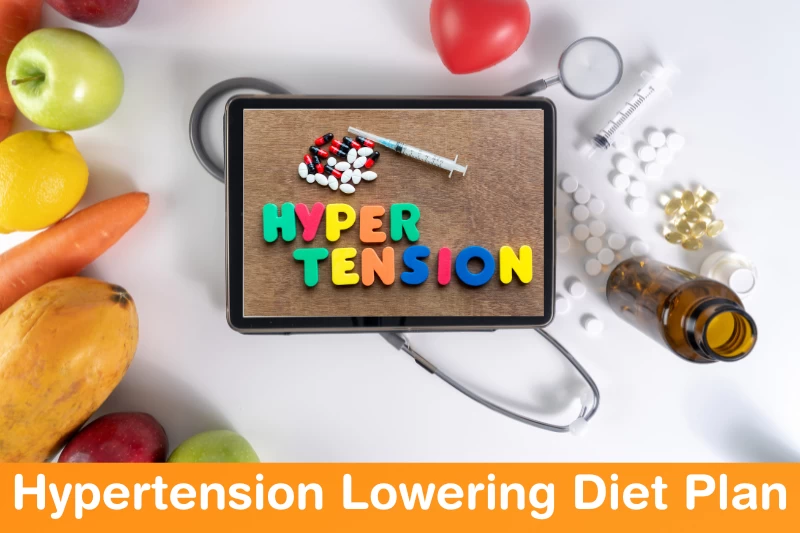
- 27th April 2023
Table of Contents
How does Intermittent Fasting work?
Alternating periods of fasting and eating is the basis of the diet known as "intermittent fasting." The possibility of weight loss, increased insulin sensitivity, and decreased inflammation have all contributed to its rising popularity in recent years. However, some studies show that intermittent fasting can improve cholesterol and blood pressure, which is good news for heart health. Intermittent fasting has been shown to reduce LDL (bad) cholesterol levels, which have been linked to an increased risk of heart disease. It may also increase HDL levels (the "good" cholesterol), which protects against heart disease. In addition, some people's blood pressure goes down when they engage in intermittent fasting. While more research is necessary to fully understand the effects of intermittent fasting on heart health, early studies suggest that it may offer several benefits for those looking to improve their cardiovascular health. However, before trying out a new diet plan like this one, it is always advisable to consult your physician, as is the case with any dietary changes or interventions related to one's health.
Weight Loss Advantages of IF
Weight loss is just one of the many benefits of intermittent fasting, which also helps keep the heart healthy. Intermittent fasting causes the body to burn fat reserves for fuel rather than relying on glucose from food. As a result, you'll lose weight and lower your chances of developing heart problems. In addition, research shows that intermittent fasting can lower LDL (bad cholesterol) and raise HDL (good cholesterol) (good cholesterol). It does this by reducing insulin resistance and inflammation in the body, two factors that contribute to high blood pressure. However, IF should only be attempted under the supervision of a qualified medical professional. Some people, especially those with specific health issues, may not be good candidates. However, those who can do so safely will benefit greatly, both in terms of weight loss and general heart health.
Results Favourable to Cholesterol

Reducing LDL, or "bad," cholesterol through intermittent fasting has been shown to have health benefits. It has been shown that LDL cholesterol and triglyceride levels can be reduced by as much as 25% through intermittent fasting. Because the body starts using fat stores for energy when in a fasted state, this can result in reduced body fat and better lipid profiles. Intermittent fasting has been shown to raise HDL, or "good," cholesterol levels in addition to reducing LDL levels. High levels of HDL in the bloodstream aid in cholesterol removal, lowering the risk of atherosclerosis and cardiovascular disease. Intermittent fasting has been shown to increase HDL levels, which may have beneficial effects on cardiovascular health. The cholesterol and lipid profiles of people who make intermittent fasting a regular part of their lives tend to improve dramatically. Initial studies suggest that intermittent fasting may be a promising approach for those seeking to improve their cardiovascular health through dietary changes; however, more research is needed to determine the long-term effects of this eating pattern on heart health.
Pressure in the Blood: The Effect
Studies have shown that intermittent fasting lowers blood pressure. When you fast, your body responds by lowering your blood pressure because your heart doesn't have to work as hard to pump blood around your body. Additionally, weight loss, which can result in lower blood pressure levels, has been linked to intermittent fasting. This is because hypertension can be caused by the additional strain that being overweight places on the heart and blood vessels. Intermittent fasting has been linked in some research to improved cholesterol levels, another key indicator of cardiovascular health. An increased risk of cardiovascular disease and stroke has been linked to high cholesterol levels. The risk of cardiovascular disease can be further reduced by adopting an intermittent fasting lifestyle, which has been shown to reduce LDL (bad) cholesterol levels while increasing HDL (good) cholesterol levels. Overall, there may be significant benefits to your heart health if you make intermittent fasting a regular part of your lifestyle. However, if you have any preexisting medical conditions, you should consult your doctor before beginning any new diet or exercise plan.

Consequences and Dangers That Could Occur
There are potential side effects and risks associated with intermittent fasting, despite its growing popularity in recent years. Lower blood pressure is one of the most concerning potential side effects. The sudden drop in blood pressure can cause dizziness or even fainting, which is especially dangerous for people who already have low blood pressure. It's also not a good idea for people taking blood pressure medication to try intermittent fasting without first talking to their doctor. Cholesterol levels may be adversely affected, which is yet another possible risk. However, other research has found that triglycerides, a type of fat found in the bloodstream that raises the risk of heart disease, increase during intermittent fasting. Therefore, people with high cholesterol should consult their doctor before beginning an intermittent fasting diet. Finally, some people may experience negative side effects during the adjustment period to this eating pattern, such as headaches or irritability. Keep an eye on how you feel throughout the day to determine if you need to make any changes to your meal schedule or fasting duration.
Precautionary Principles
During periods of intermittent fasting, calorie intake is drastically reduced. Several health benefits have been associated with this method, but it is still important to observe safe guidelines when engaging in intermittent fasting. Drinking plenty of water and other non-caloric beverages is one way to ensure that you don't become dehydrated during the fasting period. In addition, those who are just getting started with intermittent fasting should begin with shorter fasts and work their way up to longer ones. Consuming nutrient-dense foods like fruits, vegetables, whole grains, lean protein sources, and healthy fats during feeding periods is also essential for maintaining adequate nutrient intake. This aids in preventing nutritional deficiencies and is beneficial to health in general. Finally, people who have medical conditions or who take medications should talk to their doctor before beginning an intermittent fasting programme. This can help guarantee that they stick to a method that won't compromise their health or medication regimen in any way. Individuals can reap the many possible benefits of intermittent fasting while maintaining optimal health outcomes in the long run if they adhere to these guidelines for safe practise.














